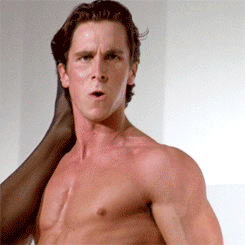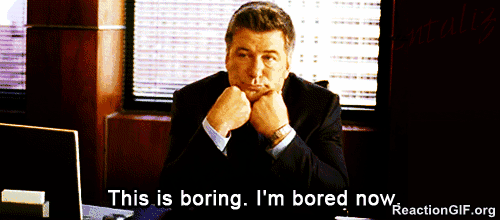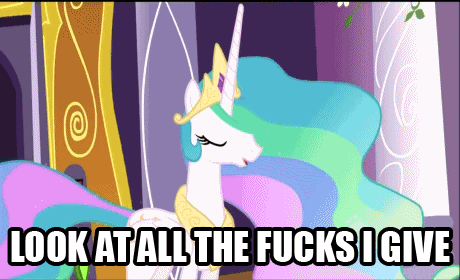by Renee Miller

It’s no secret humans have a sick fascination with death. As an extension of that, we are enthralled by serial killers. A twisted mind is intriguing. Inspiring even. I devour shows like The Following (LOVED Joe Carroll’s character), How to Make a Murderer, and Dexter—Oh. My. Fucking. God. Be still my little writer heart. What is it about these horrible, sick people that takes hold of a person’s mind and won’t let go? Well, I’ve pondered that a lot.
I write a lot of murder scenes. In my Milo Smalls series (Mind Fuck), the MC is a homicide detective with a nose for serial killers. So it follows that my Google searches are interesting to someone. How to get away with murder, mistakes killers make, weirdest way to kill a person… It’s all just research. Honest.
Maybe you’re like me, and your interest lies in what makes such a mind tick or why we’re drawn to them. Perhaps it’s the danger that attracts us. I don’t know. Fiction plays into this in a big way. Readers love that evil genius, who is borderline insane, strangely attractive, and desperately wants to get caught. But not all serial killers are geniuses, nor are they men, as many people believe. We imagine them as white males of higher than average intelligence, because it’s what we see in the media. Many of the killers who’ve become infamous are white men; Gacy, Rader, Bundy, Dahmer, etc. Finding a female serial killer is rare. You probably knew that, though. Is it because there are fewer women out there murdering than men? Perhaps. Statistics say that only one in six serial killers are female. When I see that I think “Well, only one in six who are caught.”
And most of the time, I believe they do whatever they can to avoid getting caught. They don’t want to be locked up. They don’t want to stop. So they become experts at manipulation. They become adept at being invisible. They’re often pretty damn charming too. Sure, they might be a little weird. Creepy, even, if you get close enough to catch them with their guards down. But who would want to get that close? Not this girl. However, most of them know how to read people. They’re able to manipulate victims into situations they might usually avoid, after all. I mean who would expect this guy,

Would turn out to be this guy?

Who else is a little turned on right now? Just me? Moving along then.
Many serial killers are on the fringes of society. They may appear to be part of everything, but inside they’re not wired the same as us “normals.” And they know it. So they watch. Make notes. They use this information to blend in, to behave in a manner that keeps suspicion off them.So next time you’re all aflutter over that stranger’s winning personality and bedroom eyes, remember there’s no way to know who among us is harmless and who just got back from a skinning session. It’s not like they have a particular trait or physical characteristic that warns us. Many psychopaths are very much in touch with reality, and understand right from wrong so they do whatever they have to do to keep their activities a secret. They move around below our radar. Most are not reclusive, social weirdos. They don’t act strange and aren’t easily identified. They have families, jobs, and can be upstanding members of their communities, and do whatever is necessary to ensure they’re overlooked by law enforcement and victims.
And this leads me to another disturbing fact: It takes a lot for a serial killer to grab our attention these days. Sure, law enforcement is VERY interested, but the general public is all “Oh, you shot fifty people? Did you eat any of them? Make a skull headboard? Skin lamp? No?”

“Ugh. Move along, Mr. Lunatic. We’re done with you.”
If a serial killer these days wants to be famous, or has a desire to be remembered, he’ll have to up the ante. Terrifying thought, but there it is. We reward the vilest deeds by almost fangirling them. It’s fascinating, thrilling even, to know every detail of their crimes. To stare at their images from the safety of our homes, look into their eyes for evidence of something, anything, that makes them different from you or me, and hypothesize what went so wrong this person would enjoy taking lives.
A sort of consolation prize for getting caught, I suppose, is that everyone learns who you are and what you did. Thanks to the constant bombardment of horrific images we see in movies, games, television shows and news reports, we’ve all become kind of blind to the stuff that used to keep us up at night. It’s almost like now they’re at our mercy if they’re seeking infamy. We need them to be truly horrific monsters. That way, we can rest easy believing Average Joe next door would never break in and wear our skin as a cape or fry up our liver.
What have we become? Relax. It’s normal to feel or think all of these things. Getting a thrill out of these stories doesn’t make you a bad person. It makes you pretty average. I mean, what makes a gripping story? Action, danger, dread, mystery, a hero and a villain… All of these things are present in serial killer stories, real or imagined. No wonder we’re captivated. We get to see the disturbing details of their lives, pick them apart, figure out what went wrong. We can determine how they kill, what they look for in a victim, and maybe, just maybe, protect ourselves from becoming another name on a list in some documentary about a serial killer.
And don’t feel bad for getting hooked by the “what if” factor either. You’re human. It’s normal to wonder (if only once) what it would be like to do whatever we wanted, society’s rules be damned.

After saying all of this, I admit, I sometimes wonder if writers are guiltier of romanticising serial killers than the rest of the public. Maybe. We do like to dig inside the heads of people who live life on the fringes. But then, if readers didn’t love it so much, we’d be forced to find another way to grab their attention. Lucky for us, there’s always sex.

For the foreseeable future, serial killers will hold a place in the dark recesses of our minds and hearts. We will continue to watch and wonder when one is caught. We’ll continue to obsess over those who got away. And some of us will still be here to write about all of it.
